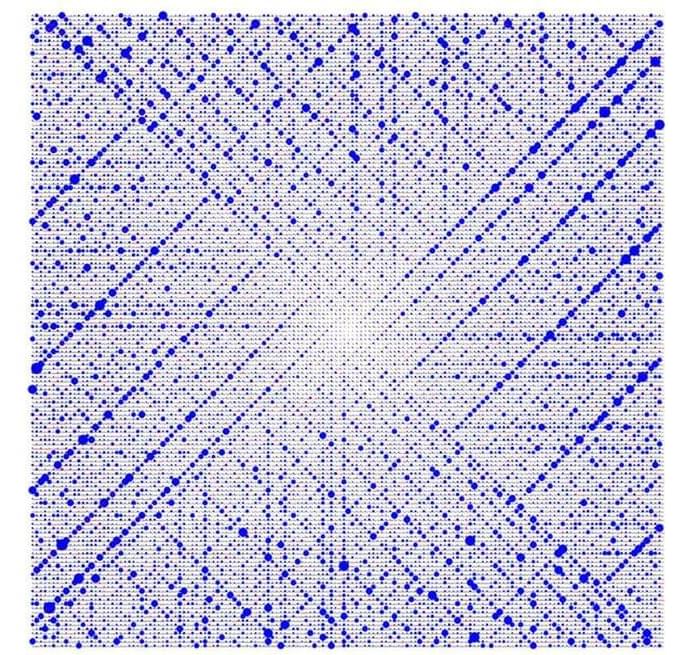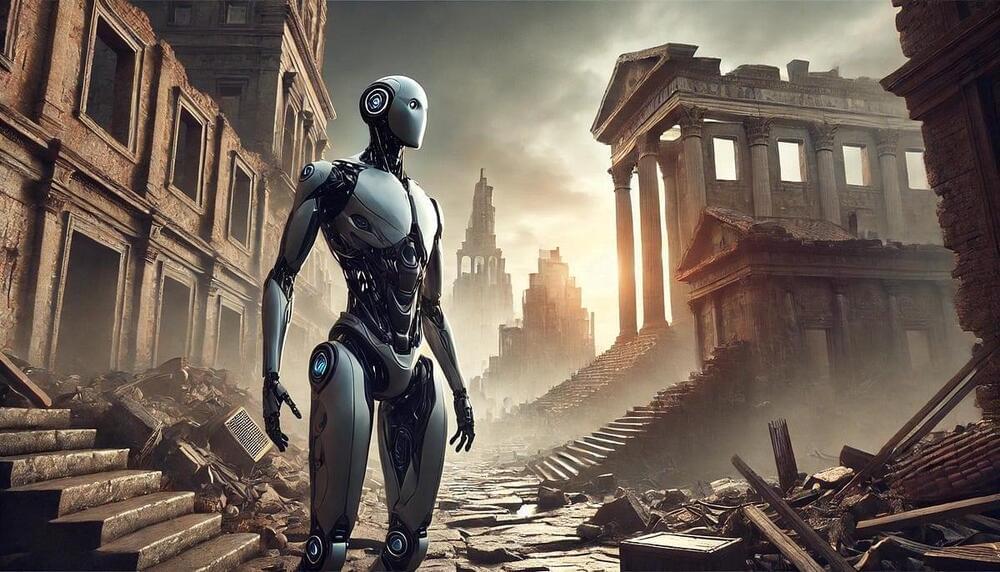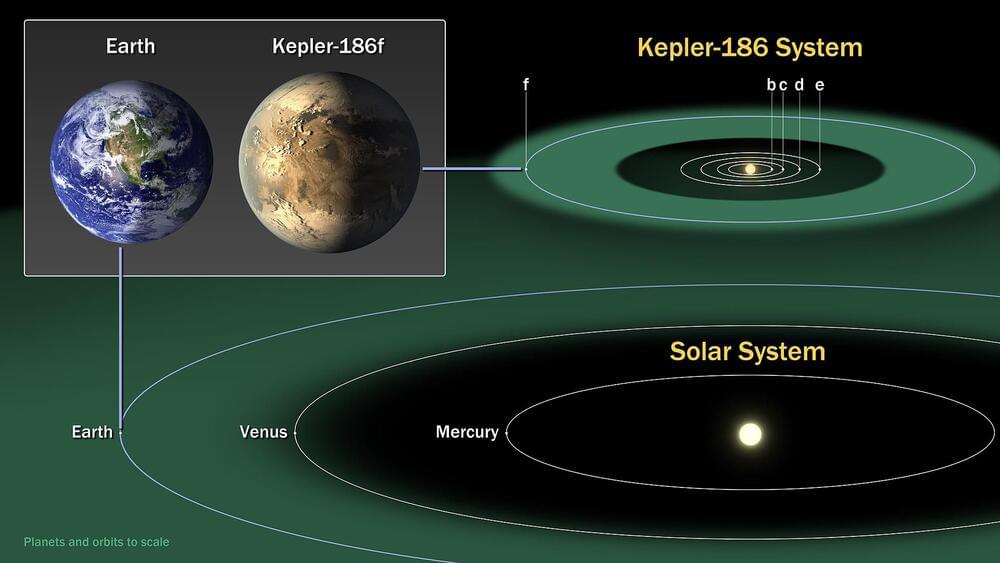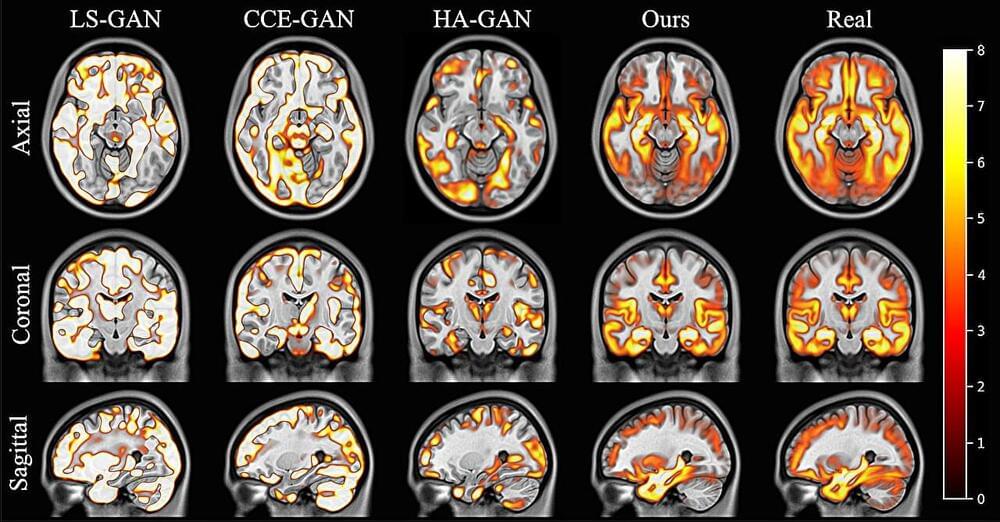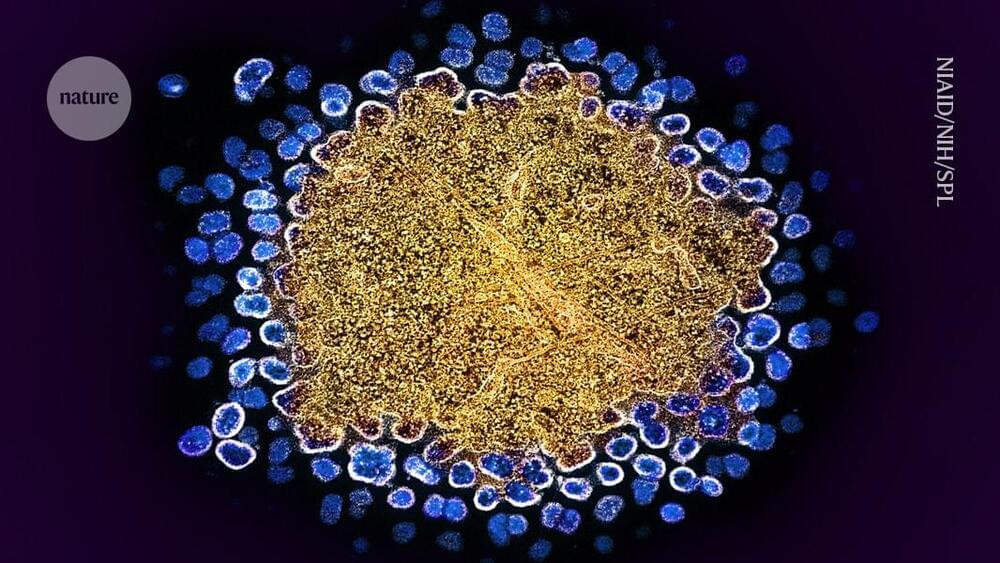face_with_colon_three steps towards infinity getting much closer to the solution with reinmans hypothesis: D.
Just as molecules are composed of atoms, in math, every natural number can be broken down into its prime factors—those that are divisible only by themselves and 1. Mathematicians want to understand how primes are distributed along the number line, in the hope of revealing an organizing principle for the atoms of arithmetic.
“At first sight, they look pretty random,” says James Maynard, a mathematician at the University of Oxford. “But actually, there’s believed to be this hidden structure within the prime numbers.”
For 165 years, mathematicians seeking that structure have focused on the Riemann hypothesis. Proving it would offer a Rosetta Stone for decoding the primes—as well as a $1 million award from the Clay Mathematics Institute. Now, in a preprint posted online on 31 May, Maynard and Larry Guth of the Massachusetts Institute of Technology have taken a step in this direction by ruling out certain exceptions to the Riemann hypothesis. The result is unlikely to win the cash prize, but it represents the first progress in decades on a major knot in math’s biggest unsolved problem, and it promises to spark new advances throughout number theory.
